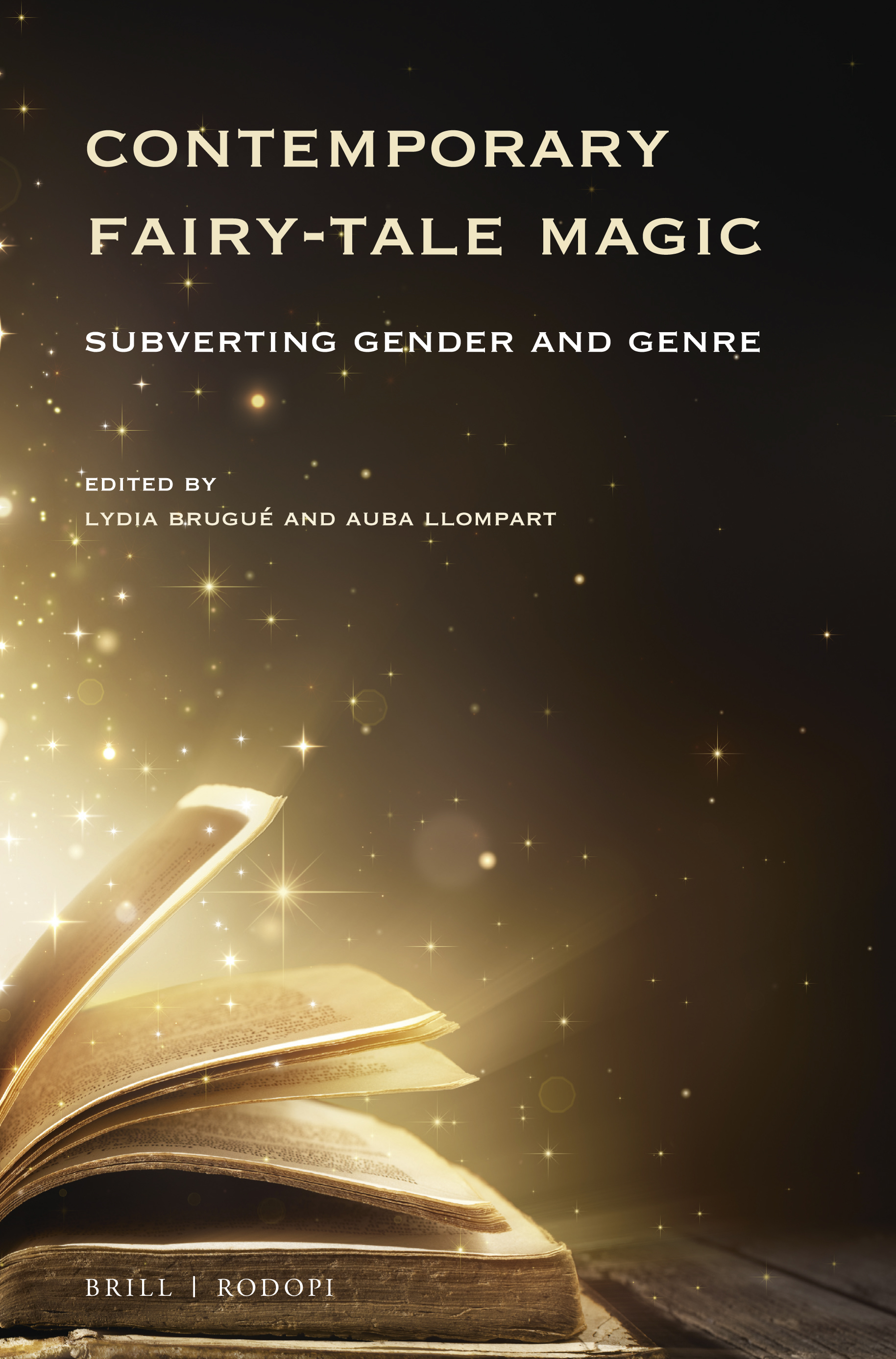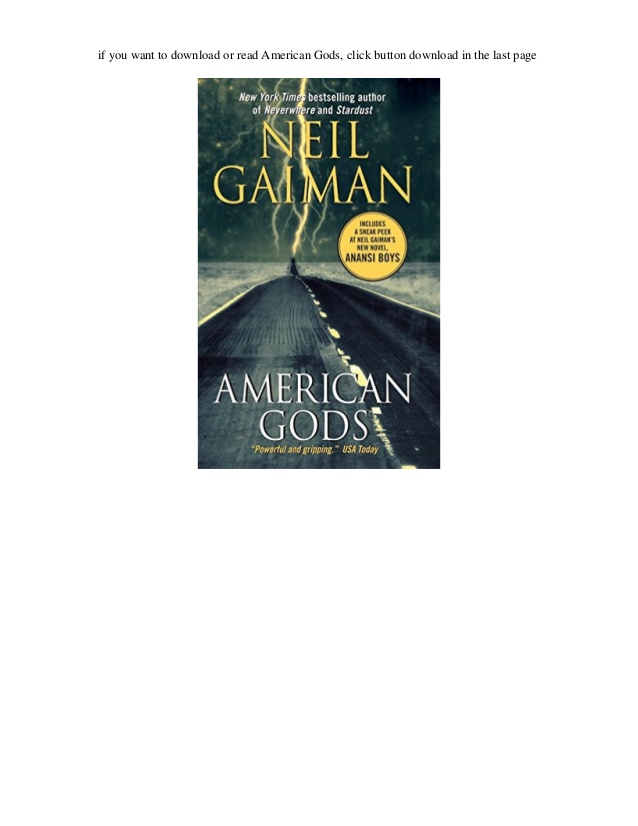

Gaiman handles them all brilliantly, but what’s really genius is how he gives them a back story. There’s also Anansi from African folklore and Bilquis, the Bible’s Queen of Sheba, and many, many more. There’s Odin, of course, along with a number of others from Norse mythology. Gaiman’s cast of “old gods” includes gods from all over the world. (His nickname comes from the fact that the day of the week is named after him.) Shadow soon finds himself involved in a war that no one saw coming - a war between the old gods and the new. Wednesday really is: Odin, the Norse god of creation. Shadow reluctantly agrees, but not before learning who Mr. Wednesday is in need of a bodyguard, and, grinning “like a fox eating shit from a barbed wire fence,” he offers Shadow the position. He wears a black Rolex and one of his eyes is “a darker gray than the other.” He also knows a lot about Shadow, like his name, and what happened to his wife, Laura, and that Shadow was counting on a job from his best friend, who also died in the car accident.

On Shadow’s flight home, a character who personifies shadiness happens to be seated next to Shadow. Shadow learns that his wife and best friend have been killed in a car accident - I’m not telling you anything that’s not on the back cover, by the way - and the plan for the rest of his life goes up in smoke. Unfortunately, the bubble bath will have to wait. We pick up the story as Shadow gets released from prison. Laced with magic and deception, American Gods thrives on misdirection at every level. We soon learn that his wife calls him “Puppy” and that the first thing Shadow wants to do once he gets out of prison is take a bath - “ real, long, serious soak, in a tub with bubbles in it.” These snippets are emblematic of the rest of the novel, from its characters and plot to its themes. And then with the tender detail about his wife, that image gets upended. Up until the last few words you have a pretty stereotypical impression of this Shadow character: a heartless, dangerous inmate. What I love about it is its misdirection. So he kept himself in shape, and taught himself coin tricks, and thought a lot about how much he loved his wife.

He was big enough, and looked don’t-fuck-with-me enough that his biggest problem was killing time. I’ve decided that American Gods’ opening paragraph is one of the best I’ve ever read.


 0 kommentar(er)
0 kommentar(er)
